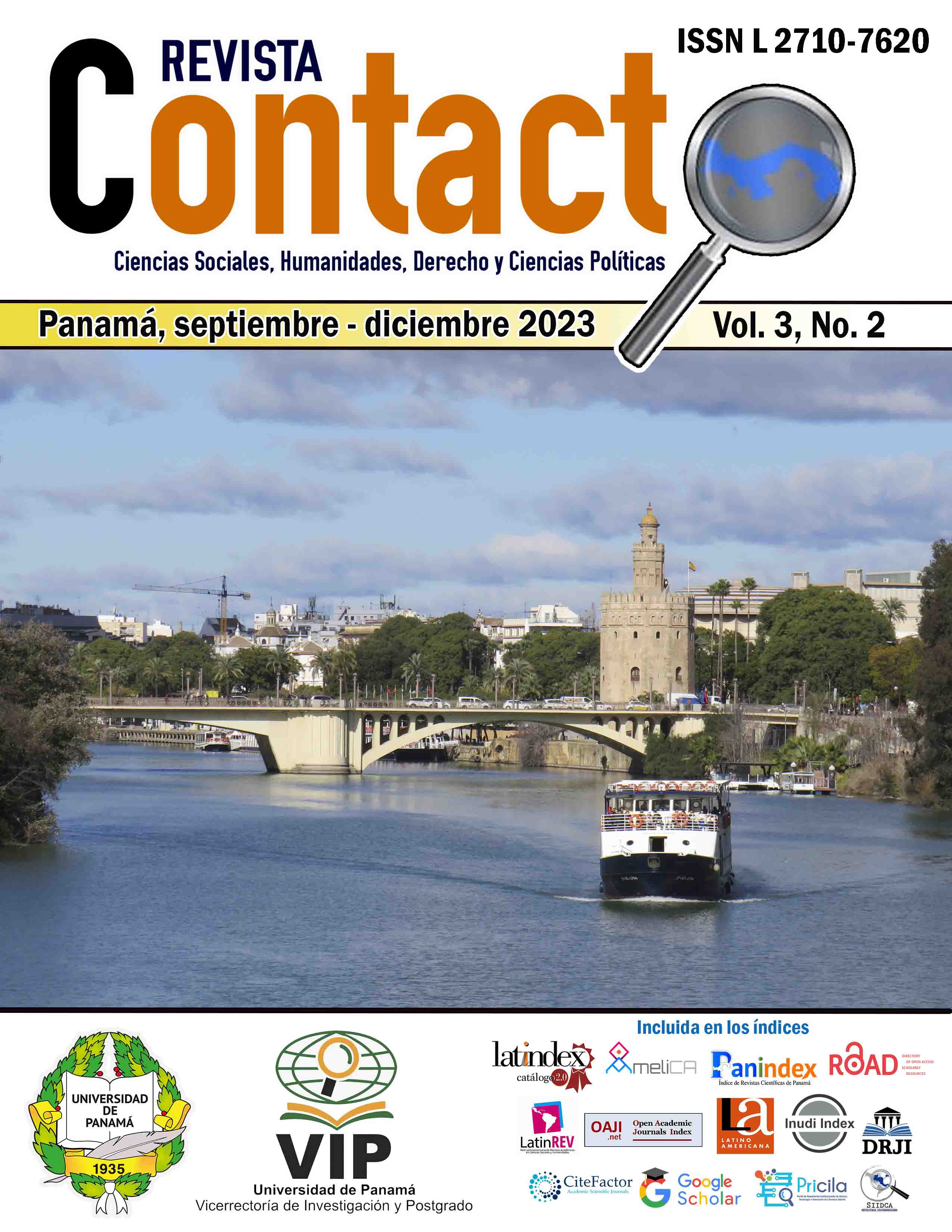

Copyright (c) 2023 Revista Contacto

This work is licensed under a Creative Commons Attribution-NonCommercial-ShareAlike 4.0 International License.
How did covid-19 affect the level of paid an unpaid work undertaken by women in Panama? What effects did the pandemic have on their ability to generate income and maintain savings? How effective were the policies implemented by the Panamanian government to prevent the increase in poverty, in particular for women? Through an empirical analysis based on a national survey applied in Panama between May and July 2021, during the covid-19 pandemic, this study seeks to explore answers to these questions. The main findings suggest that the social and economic effects of covid-19 had a greater impact on women, reducing their ability to stay in the labor market, generate income and save. The public policies implemented to support the labor market did not have a gender perspective. This meant that they did not address the fundamental structure behind the unequal distribution of unpaid work that women were already doing before the pandemic. This also led to many women leaving the labor market, affecting their economic independence.